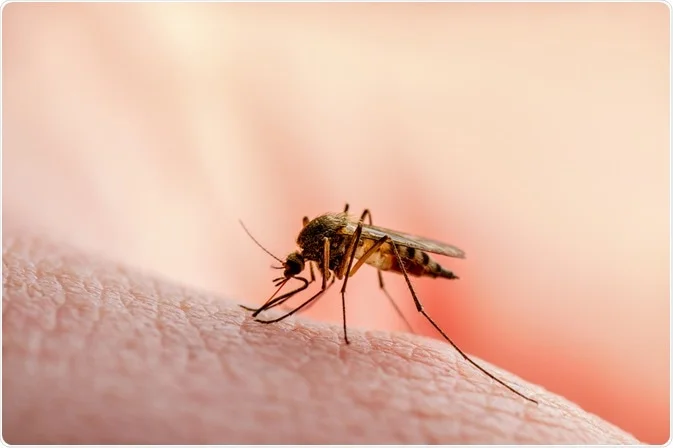
The World Health Organisation (WHO) says malaria claimed an estimated 597,000 lives worldwide in 2023. The apex health institution in its latest World Malaria Report, disclosed that 95 percent of the deaths occurred in the African Region.
It further highlighted the consistent threat of malaria, even as substantial progress has been made in reducing cases and deaths since 2000.
Speaking on the Report findings, WHO Director General Dr Adhanom Ghebreyesus Tedros said, “No one should die of malaria; yet the disease continues to disproportionately harm people living in the African region, especially young children and pregnant women.”
The report revealed 263 million malaria cases in 2023, with an increase of 11 million from 2022, while the death toll for both years remained nearly unchanged. Despite a 16 per cent reduction in malaria mortality rates in the WHO African Region since 2015, the estimated rate of 52.4 deaths per 100,000 population in 2023 is still more than double the global target of 23 deaths per 100,000 by 2030.
In a renewed call for action, WHO urged high-burden countries to scale up the deployment of lifesaving tools, including malaria vaccines and new-generation insecticide-treated nets. As of December 2024, 17 countries have introduced malaria vaccines into routine childhood immunization, which is expected to save tens of thousands of young lives annually.
Dr Tedros emphasised the need for increased investments, stating, “An expanded package of lifesaving tools now offers better protection against the disease, but stepped-up investments and action in high-burden African countries are needed to curb the threat.”
The report also highlighted gaps in global funding, with $4 billion raised in 2023 against the year’s $8.3 billion target set by the Global technical strategy for malaria 2016–2030. WHO attributed the shortfall to limited access to insecticide-treated nets, medicines, and other vital resources in many high-burden regions.
In response to the challenges, health ministers from 11 African countries pledged earlier this year to strengthen their health systems, and address the root causes of the malaria burden. WHO also called for robust data systems to monitor health inequities and ensure targeted interventions for vulnerable groups, including children under five, pregnant women, and individuals in remote areas.











